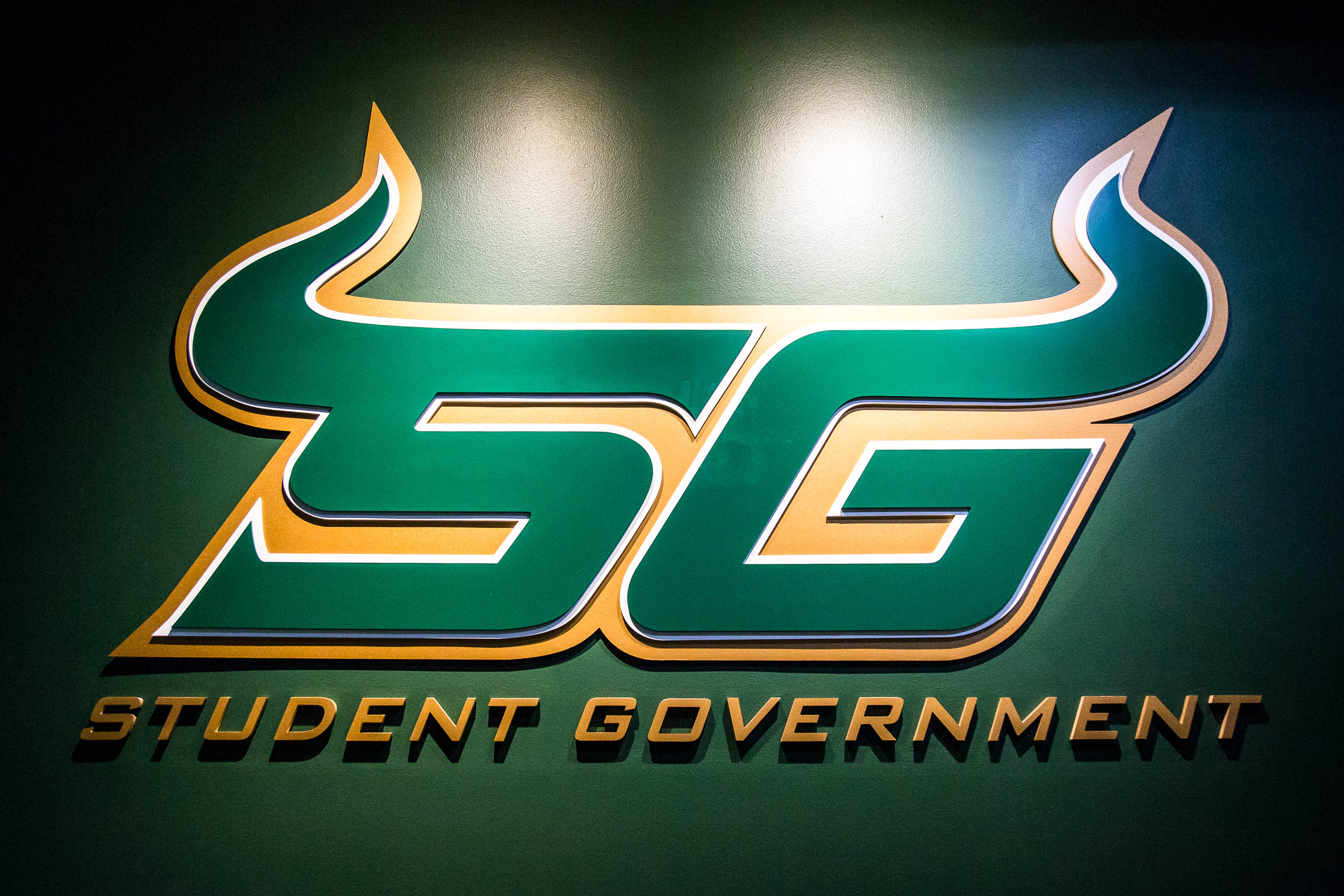SG Senate’s first remote meeting addresses student fees, budgets

The 60th Student Government (SG) Senate met remotely for the first time Tuesday, with over 40 senators lining the conference call anywhere from back porches to bedroom desks.
Nonetheless, they got the work done.
Communicating via the videoconferencing website Zoom, senators discussed how they would effectively handle and distribute $17 million of Activity and Service (A&S) fees — flat fees of $7 per semester and $12 per credit hour — from their homes.
The concern was raised by Sen. Samantha White, considering the price students pay, but refunds seem unlikely.
“I don’t think so,” Senate President Salud Martinez said. “I don’t know that they’re able to refund the A&S fees.”
However, instead of funding typical end-of-year events such as student events or concerts, the money will be directed toward aiding students facing financial challenges during the coronavirus (COVID-19) pandemic.
“In terms of students being concerned about their A&S fees, there’s a lot of things that we are looking into that are in the works,” Martinez said in an interview with The Oracle. “One of those things is [Student Body President Britney Deas] and I are working on buying a bunch of computers for students that may not have laptops for online classes.
“St. Pete donated $15,000 and then [Tampa] put in $35,000 for a total of $50,000 for computers for students.”
Martinez said the money allocated to student organizations for events during this time will roll over so that they have the same amount of funding next year, instead of facing a potential budget cut.
“What that does is it allows us to not make any cuts if we have enough money,” Martinez said. “Last year, we cut organization budgets I believe by 2 percent. So if we do have the money they’ll just get their full allocations [next year].”
Senators will still be paid during this time as long as the work is justified, according to Martinez.
“You’re allowed to work from home, however, you have to submit a schedule to your adviser, and that schedule needs to be when you’re actually working.”
To keep some normality, Senate meetings will still be held Tuesdays at 6 p.m through Zoom.
Senate committees — such as the A&S Recommendation Committee (ASRC) and Finance — will be doing more work moving forward, according to Martinez. Committees are expected to have bills and resolutions finished and “ironed out” before they reach the Senate floor to avoid excess debates.
Presentations will be done via sharing their screen in Zoom, allowing all participants to view the presenter’s screen. Zoom allows users to virtually “raise your hand,” allowing senators to participate in motions and Q&As.
Attendance will be calculated by the Sergeant at Arms, Camila Cernawsky, who assists the president and pro tempore in daily tasks. She will take note of who attends each Zoom meeting.
The meetings are planned to be advertised on SG’s social media, according to Martinez. The link was not readily available for the first meeting, but Martinez said he plans to post it moving forward.
“If they want to participate in real time, they should be able to find the link on our social media,” Martinez said. “If not, the meeting will be recorded through my screen so that they can still have access to the meeting itself.”
The main challenge for the now-remote senators will be setting up next year’s term.
“The biggest thing that I’ve been concerned about is the 61st term,” Martinez said. “These last couple of months, March, April and May are really transition months for the 61st term.”
Senate Pro Tempore Hernán Benavides made it clear that even as the Senate moves to remote operations, it is all hands on deck for the 60th term.
“I know we are online, but that doesn’t mean you need to stop your initiatives,” Benavides said. “If you have an initiative, keep working, whether it’s at home, in your bedroom or between classwork.”
For Martinez, one of his biggest goals is to make sure students are ready to shift online.
“We want to make sure that they’re prepared,” Martinez said. “We’re looking into different things, trying to see what we can do for students that have lost their jobs because they work on campus and it’s their only source of income.
“Everything is moving so fast and we’re just trying to get a good foundation started before we actually start diving into those plans.”
Additional reporting by Alyssa Stewart.







